 The Revolutionary Influence of Moreno on Modern Therapy
The Revolutionary Influence of Moreno on Modern Therapy
Jacob Levy Moreno, a name often whispered in the corridors of psychotherapy, brought a revolutionary perspective to the therapeutic world. His groundbreaking concepts not only influenced numerous therapists, including the esteemed Irvin D. Yalom, but also reshaped the dynamics between therapists and their clients. In this article, we dive into Moreno’s philosophy, focusing on his belief in the mutual healing process of therapy, and how he openly sought insights from his patients.
Born in Romania in 1889, J.L. Moreno’s journey in psychotherapy began with his interest in the human condition and the power of interpersonal interactions. His early career was marked by a fascination with the intersection of theater and therapy, leading to the development of psychodrama, a method where clients use spontaneous dramatization, role-playing, and dramatic self-presentation to gain insight into their lives.
Psychodrama and Its Impact
Psychodrama, Moreno’s brainchild, was revolutionary. It was a leap from traditional psychoanalytic methods, focusing on action rather than passive conversation. In a typical psychodrama session, clients enact various scenarios from their lives, offering them a unique lens to understand and resolve their issues. This technique proved influential in group therapy, emphasizing the therapeutic power of action and interaction. Psychodrama, like gestalt therapy, was a powerful new experiential tool.
Psychodrama Technique
Harnessing the Power of Drama for Healing
Psychodrama, at its core, is about the transformative power of drama and role-playing. Moreno’s technique involves several key components:
Role Reversal: This is a central aspect of psychodrama. Clients are encouraged to step into the shoes of others in their life scenario, which provides profound insights into their relationships and conflicts. This reversal can lead to empathy and a deeper understanding of others’ perspectives.
The Stage as a Safe Space: Psychodrama sessions often take place in a designated space that acts as a ‘stage’, allowing clients to step out of their regular environment. This setting helps them to express emotions and thoughts that might be difficult to access in a traditional therapy setting.
The Use of Props: Props and other theatrical elements are used to enhance the realism of the scenarios being enacted. This concretization helps in making abstract feelings and thoughts more tangible and understandable.
The Director-Therapist: In psychodrama, the therapist often takes on the role of a director, guiding the session while also allowing for spontaneous expression. This guidance is crucial in helping clients navigate their emotions and insights that emerge during the session.
Group Dynamics: While psychodrama can be practiced individually, it often involves group settings where other participants can take on roles in the client’s psychodrama. This interaction can provide a rich and dynamic therapeutic experience, offering multiple perspectives and support.
Healing Beyond the Individual
Moreno’s psychodrama transcends individual therapy, reaching into the realm of group dynamics and community healing. By acting out their inner conflicts and resolutions, clients not only work on their personal issues but also learn to understand and relate to others in a more profound way. This method fosters a sense of community and shared human experience, which is essential in holistic healing.
J.L. Moreno’s contribution to psychotherapy goes beyond the creation of psychodrama. He instilled a belief in the therapeutic power of creativity, action, and shared humanity. His approach transcends conventional therapy boundaries, inviting both therapists and clients into a journey of mutual growth and healing. As we continue to evolve in our understanding of psychotherapy, Moreno’s innovative spirit remains a beacon, guiding us toward more empathetic and dynamic therapeutic practices.
Moreno’s Influence on Irvin D. Yalom
Irvin D. Yalom, an influential figure in psychotherapy, acknowledges Moreno’s impact on his work. Yalom, known for his existential approach, resonates with Moreno’s ideas of the therapist-client relationship being a journey of mutual discovery and healing. Moreno’s emphasis on the here-and-now in therapy, and his innovative techniques, can be seen echoed in Yalom’s approach. A cornerstone of Moreno’s philosophy was the idea of mutual healing. He believed that therapy wasn’t just about the client’s healing but also the therapist’s. Moreno often engaged in a process where he would ask his patients to help him gain insights, especially when he felt he had made a mistake. This humility and openness not only humanized the therapist but also empowered the clients, making them active participants in the therapeutic process. Moreno’s ideas remain highly relevant in contemporary therapy. His belief in the mutual healing process challenges therapists to view their interactions with clients as opportunities for personal and professional growth. His methods continue to influence various forms of therapy, including group therapy and experiential therapy, proving that his legacy endures. J.L. Moreno was more than a therapist; he was a visionary who redefined the therapist-client relationship. His belief in mutual healing and the power of action in therapy opened new avenues in psychotherapy. As we continue to explore the depths of the human psyche, Moreno’s insights serve as a guiding light, reminding us of the transformative power of empathy, humility, and active engagement in the therapeutic process.
Did you enjoy this article? Checkout the podcast here: https://gettherapybirmingham.podbean.com/
Bibliography:
Moreno, J. L. (1946). Psychodrama (Vol. 1). Beacon House. Moreno, J. L. (1953). Who Shall Survive? Foundations of Sociometry, Group Psychotherapy and Sociodrama (2nd ed.). Beacon House. Yalom, I. D. (1980). Existential Psychotherapy. Basic Books. Yalom, I. D. (2002). The Gift of Therapy: An Open Letter to a New Generation of Therapists and Their Patients. HarperCollins. Kellermann, P. F. (1992). Focus on Psychodrama: The Therapeutic Aspects of Psychodrama. Jessica Kingsley Publishers.
Further Reading:
Blatner, A. (1996). Acting-In: Practical Applications of Psychodramatic Methods (3rd ed.). Springer Publishing Company. Blatner, A., & Blatner, A. (1988). Foundations of Psychodrama: History, Theory, and Practice (4th ed.). Springer Publishing Company. Corsini, R. J. (1995). Role Playing in Psychotherapy. Routledge. Dayton, T. (2005). The Living Stage: A Step-by-Step Guide to Psychodrama, Sociometry, and Experiential Group Therapy. Health Communications, Inc. Schützenberger, A. A. (1998). The Ancestor Syndrome: Transgenerational Psychotherapy and the Hidden Links in the Family Tree. Routledge.

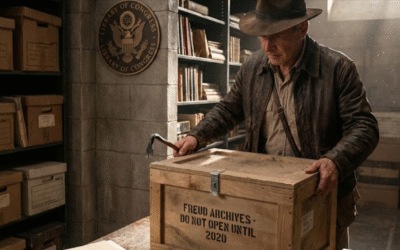
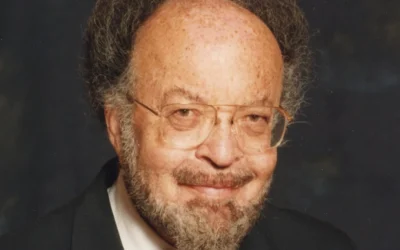

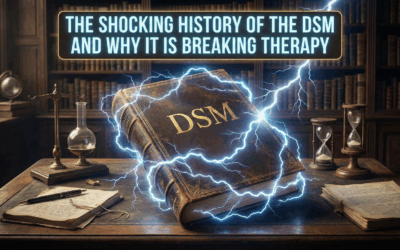

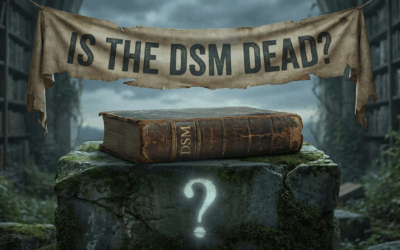
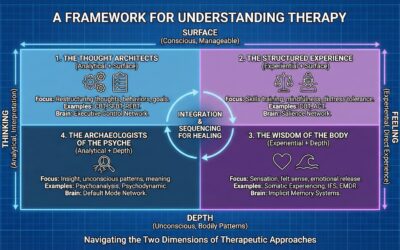
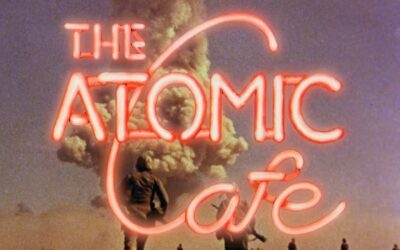
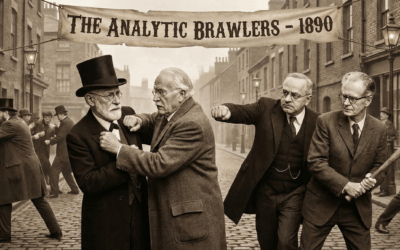
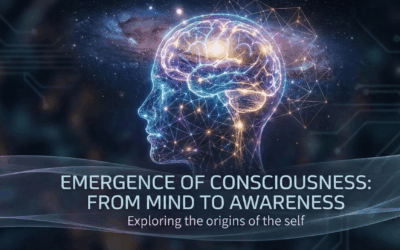


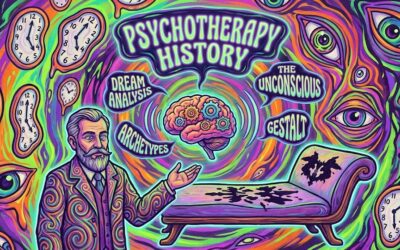
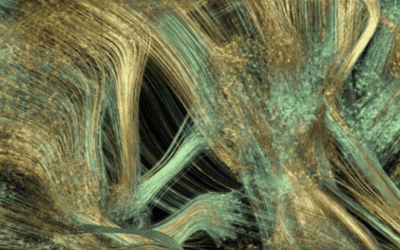
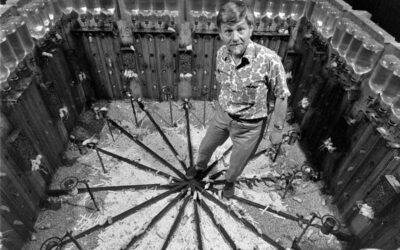
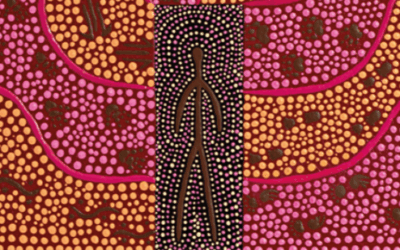



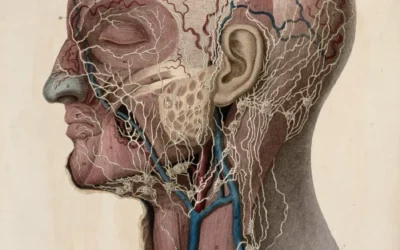





0 Comments